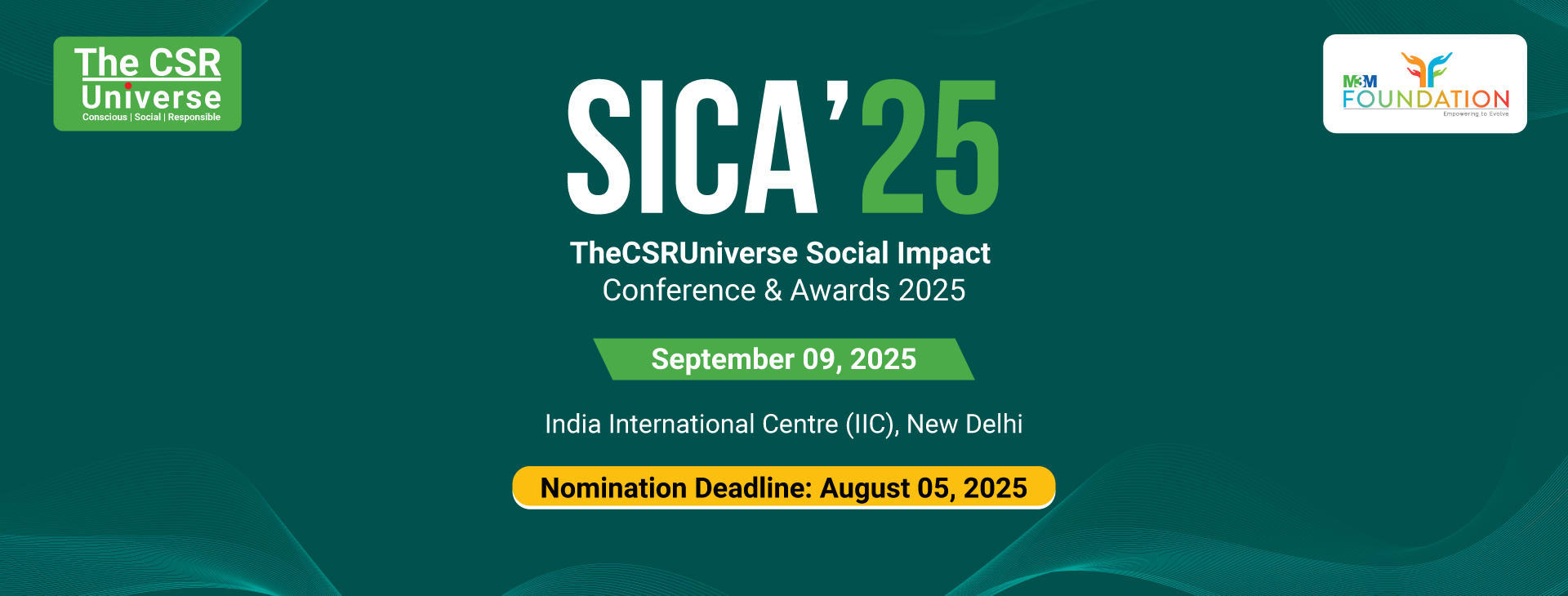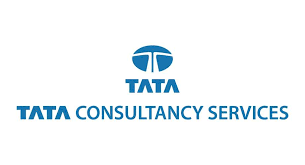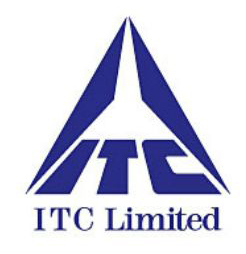 Special features of the organization
Special features of the organization
The scheme of Jan Shikshan Sansthan (JSS) is a unique scheme crafted by the Government of India.JSSs are institutes of People s Education focusing on the poor, the illiterates, the neo-literates, the under-privileged and the un-reached.The Jan Shikshan Sansthans are unique in that they do not provide just skill development, but link literacy with vocational skills and provide large doses of Life Enrichment Education (LEE) to the people.They do not work in isolation but aim for convergence with other stakeholders in society.It is their endeavour to shape their beneficiaries into self reliant and self-assured employees and entrepreneurs. , , , The Jan Shikshan Sansthans are unique also because they offer quality vocational skills and technical knowledge at a very low cost.Their doors are open to everyone and they reach out to their clientele groups by setting up sub centres in the heart of the slum or in remote rural areas.They are different from other vocational training institutions as they offer quality vocational skills and technical knowledge at such a low cost; provide need based and literacy-linked vocational training in most courses without insisting on age limit or prior educational qualifications; reach out to the clientele in their areas unlike other institutions which the clientele has to access whether near or far; offer a multi-faceted skill-knowledge-awareness enhancement and outlook formation trainings and inputs and empowerment-oriented interventions in respect of social, economic and health status improvement of women and adolescent girls. , , , The scheme of Jan Shikshan Santhan (JSS) was initially launched in 1967 as Shramik Vidyapeeth, a polyvalent or multi-faceted adult education institution, aimed at improving the vocational skills and quality of life of the industrial workers and their family members as well as those persons who had , been migrating from rural to urban settings. , , , The scheme of Shramik Vidyapeeth was renamed as Jan Shikshan Sansthan in April 2000.Along with the change in its name came the change in its focus. A scheme that was meant for the industrial workers and their families was expanded both in terms of its clientele and focus and was extended to the rural areas.There was logic for its expansion.Total Literacy Campaigns, launched after the setting up of the National Literacy Mission in 1988, had transformed the literacy landscape of the country and created an army of neo-literates who having realized the power of the written word, now wanted to use it to improve their livelihoods through skill development.The post-literacy programme had given a few of them the taste of vocational skills but the continuing education programme promised to extend it to many more beneficiaries.That became the rationale of setting up more Jan Shikshan Sansthans, to match the needs of the districts. Today, there 221 Jan Shikshan Sansthans in the country and they are expected to act as district level resource support agencies especially in regard to organization of vocational training and skill development programmes for the neo-literates and other target groups of the continuing education programme.The current aim is that the JSSs should progressively move towards having 50% of their beneficiaries from amongst the neo-literates.



















